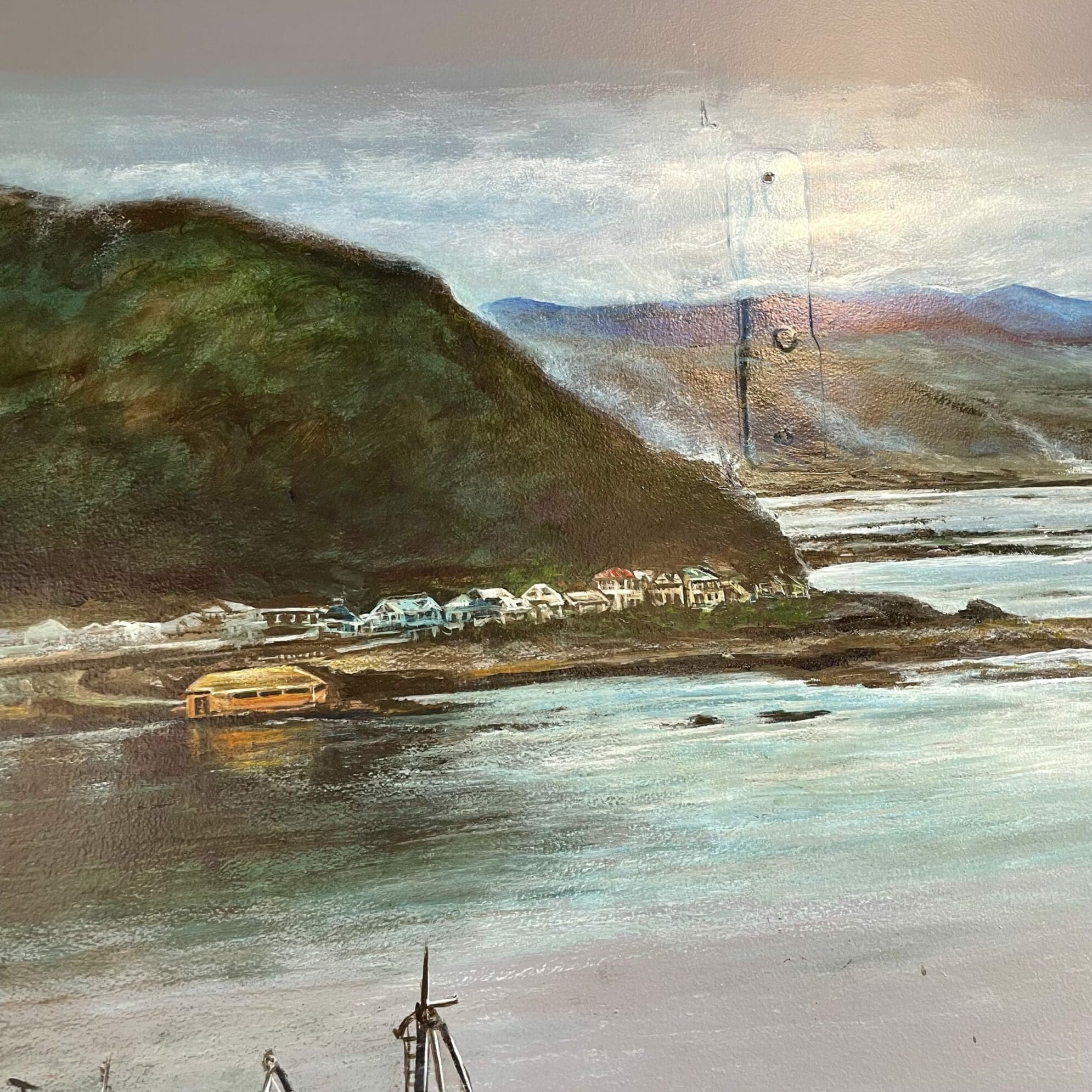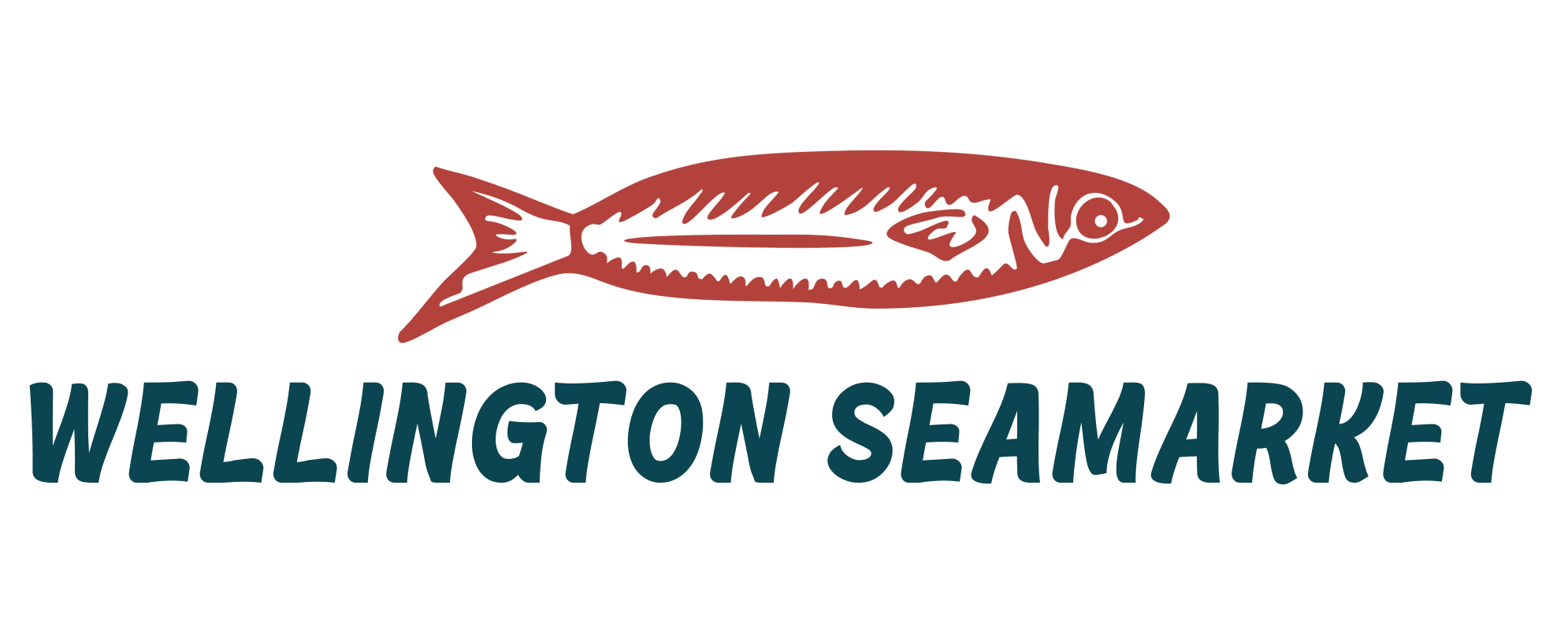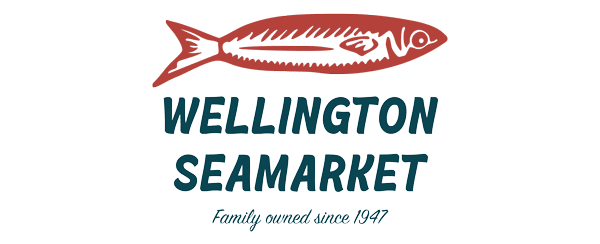Our Story

Our Story
It all began in 1947 when the Meo family of Island Bay set up a small fish factory right here on this site. From fresh and frozen fish to shellfish and smoked seafood, they supplied locals and sent their catch far and wide. Bluff oysters arrived in sacks, and back then they were shucked by hand into 25-dozen tins. The smell of smoked fish filled the air and became the heartbeat of the neighbourhood.
In 1979, Tony Basile joined the business and soon took over the reins. A second-generation Italian, Tony grew up in Island Bay where his father Antonino and uncle Mariano settled after leaving Sorrento, Italy, in the 1920s. They were part of the close-knit Italian fishing community that helped shape Wellington’s seafood story, and that passion for good food and hard work still runs through everything we do today.
Tony and his wife Rosina raised their five kids around Wellington Seamarket. The shop was their second home, filled with the smell of fresh fish, the sound of laughter, and the occasional family debate over who had the best whitebait fritter recipe. All five kids grew up as part of the business, but Dion stuck around and has now stepped in to carry on the family legacy.
Over the years, tastes have changed and so have we. From whole fish and traditional cuts to fresh fillets ready for the pan, our team has always focused on bringing the best of the sea to the people of Wellington.
In 2000 we opened the doors to our Cuba Street shop, bringing that same Italian passion for food and family to the heart of the city. Today, Wellington Seamarket also has stores on Lambton Quay and in Lower Hutt. We still source our fish from trusted local fishermen, many of whom have supplied us for decades, and we are proud to keep serving fresh, beautiful seafood to our community and beyond.
Because around here, good food is not just business, it is family.

